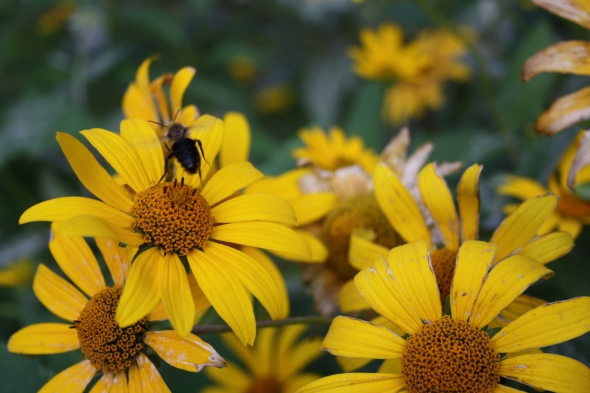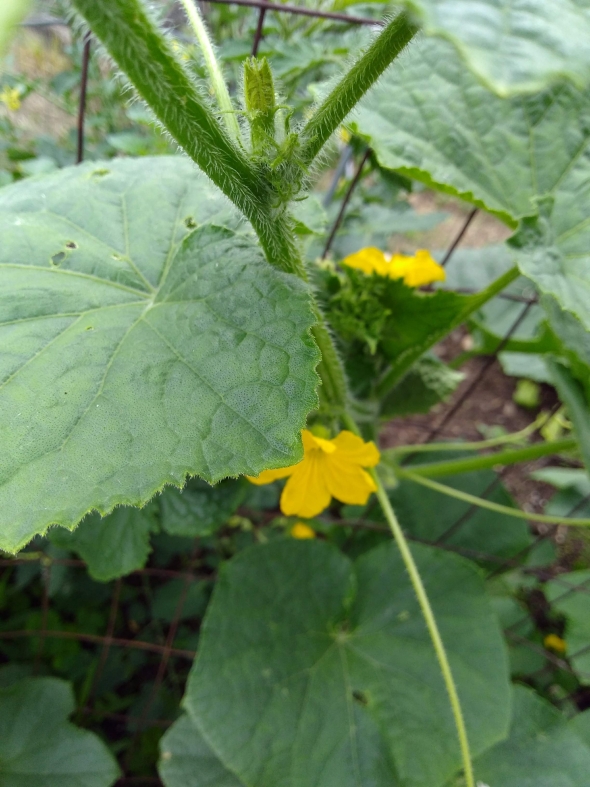

Lily Johnson



Intro to Environmental Science (ENVS 2)
This might be my favorite course of my first term at Dartmouth, although I will say that 'Religion and Technology' is just about on par with it. Introduction to Environmental Science was taught by Professor Morgan Peach (his bio!) this fall and I think he ranks among the most engaging teachers I have encountered.
When the class is tired from a rainy day or a busy time in the term, he notices and makes it a point to pause which tends to wake us up. He also utilizes anecdotal stories related to course content to make us laugh and gets everyone to talk to peers whenever we are discussing assignments. He also asks for our feedback after quizzes (was there enough time to thoroughly answer, how was the word limit on the open response questions, etc.). In short, Professor Peach is aware of pedagogy techniques (if this is a new word for you, look it up because it is neat!).

Now that I have brought up assignments and quizzes, I can delve into the course structure! It is split up into 5 units: SPEES (Sustainability, Policy, Ethics, and Ecosystem Services), Climate, Biodiversity, Food, and Water. In each unit, we have a media assignment (documentary or podcast) and a reading that considers the social and societal context of environmental science.
All of the media assignments have stood out to me, and I will elaborate on the first one from the SPEES unit. 'Rise' was a documentary produced by Viceland that covered the Indigenous people's protest of the Dakota Access Pipeline in 2016. It did a great job of highlighting the importance of water to the community for physical and spiritual reasons. It also took a deep look into the history of the U.S. treatment of Indigenous people and the different legislation and treaties (that were broken by the U.S.). Perhaps it is needless to say, but I learned so much more about the situation than just the science.
The course has a quiz every unit, as well as a midterm and final, and they are all open-note with a time limit; so while I may forget a small detail and can find it, in general, I have to have a good understanding of the material before assessing. I also love that Professor Peach emphasizes learning as a process, and he reinforces this is by not showing a grades page in our class navigation page (if we want to see grades we have to look at each assignment).

If Environmental Studies excites you here are media suggestions that were assigned in the course: 'Rise'- mentioned above, 'Extinction: The Facts', A film that the course reminded me of is 'Dark Waters' which is a scary reality check. The book Lawn People by Paul Robbins is something I aspire to read over winterim (winter break before the winter term which begins in January).
Posts You Might Like

Read on about my ice-cream trip to the Lodge this fall!


Now that it's been a few years, I've started thinking about what has made my time here special.


A reflection on how Dartmouth offers countless ways to stay connected to literature and writing—even as a side passion—through blogs, courses, campus publications, and creative communities.


This year, our Homecoming did not feature our traditional large bonfire. Instead, we celebrated via a laser show and some student DJs!


Homecoming Weekend at Dartmouth: Spirit, Sunshine, and Special Visits


Meet Casey Bertocchi, a '26 majoring in government and minoring in environmental science!





